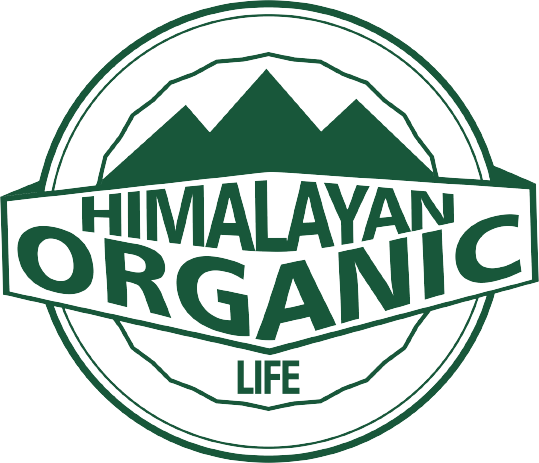HIMAL (Himalayan Inhabitants Movement for Agri-Vet Livelihood) is a Food Processing Unit situated in Sishabari, Siliguri, Darjeeling , West Bengal, India.
Founded with a focus on enhancing agricultural and veterinary livelihoods in the Himalayan region, HIMAL plays a crucial role in promoting sustainable agriculture, processing agricultural products, and manufacturing various food items.
Objectives and Focus Areas:
- Sustainable Agriculture: HIMAL emphasizes sustainable agricultural practices tailored to the unique Himalayan ecosystem. This includes promoting organic farming methods, biodiversity conservation, and soil health improvement initiatives.
- Livelihood Enhancement: The organization is dedicated to improving the livelihoods of Himalayan inhabitants, particularly farmers and artisans involved in agriculture and food processing. By adding value to agricultural produce through processing and manufacturing, HIMAL creates economic opportunities and reduces dependency on traditional, often unstable, income sources.
- Food Processing: HIMAL processes a range of agricultural products such as oils, flour, and rice. This not only ensures better market value for local produce but also enhances food security and nutrition in the region.
-
Product Manufacturing: Beyond basic processing, HIMAL manufactures a variety of food items including pickles, jams, and sauces. These products often utilize locally sourced ingredients, promoting local flavors and traditions while meeting modern market demands.
It is supported by marketing in store at Himalayan Organic life store in Devidanga bazaar, Champasari main road, Siliguri, Darjeeling and online at www.himalayanorganiclife.com
Community Impact:
- Employment Generation: By engaging in food processing and manufacturing, HIMAL provides employment opportunities directly within the organization and indirectly through support to local farmers and suppliers.
- Skill Development: The organization focuses on skill enhancement among local communities, equipping them with knowledge and techniques in modern agricultural practices, food processing, and quality control.
- Social Empowerment: HIMAL contributes to social empowerment by encouraging community involvement and entrepreneurship. Through cooperative efforts and community-led initiatives, it fosters a sense of ownership and pride among local inhabitants.
Challenges and Future Directions:
- Market Access: Ensuring consistent market access and fair prices for products remains a challenge, particularly in remote Himalayan regions where infrastructure and logistics can be limited.
- Sustainability: Continuing to promote sustainable agricultural practices and environmentally friendly processing methods is crucial for long-term impact on both the community and the ecosystem.
- Expansion and Scaling: As HIMAL grows, expanding its reach and scaling its operations while maintaining quality and community-centric values will be key priorities.
In essence, HIMAL stands as a beacon of sustainable development and community empowerment in the Himalayan region, leveraging agriculture and food processing as vehicles for economic growth and social resilience. Through its efforts, it not only preserves local traditions and resources but also creates a pathway towards a more prosperous future for Himalayan inhabitants.

